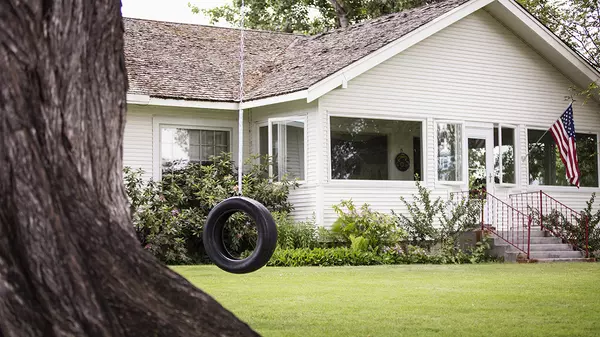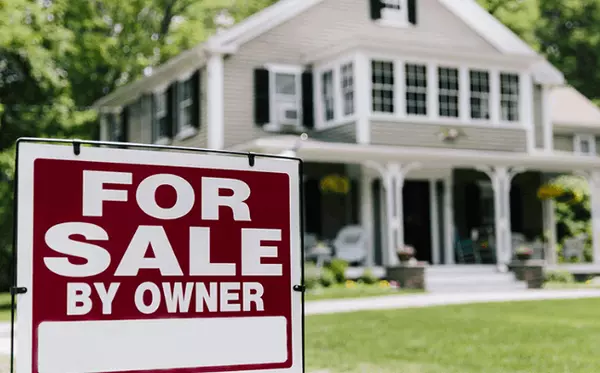Financial Readiness for First-Time Home Buyers
Financial Readiness for First-Time Home Buyers
Buying your first home is an exciting milestone, but it also comes with a significant financial commitment. As a first-time home buyer, it's essential to ensure you are financially ready before diving into the real estate market. Here are some key factors to consider to help you make a smart and informed decision.
1. Assess Your Finances: Before starting your home-buying journey, take a close look at your financial situation. Evaluate your income, savings, and expenses to determine how much you can comfortably afford to spend on a home. Consider consulting with a financial advisor or using online affordability calculators to get a clear picture of your budget. Remember, being realistic about what you can afford will help prevent future financial strain.
2. Save for a Down Payment: One of the most crucial aspects of buying a home is having a sufficient down payment. While the traditional recommendation is a 20% down payment, there are other options available, such as FHA loans that require a down payment as low as 3.5%. However, keep in mind that a smaller down payment may result in higher monthly mortgage payments and additional costs like private mortgage insurance (PMI). Start saving early to ensure you have enough funds to secure your dream home.
3. Understand Mortgage Options: Familiarize yourself with the various mortgage options available to first-time home buyers. Government-insured loans like FHA, VA, or USDA loans offer flexible eligibility criteria and low down payment requirements. Conventional loans are also an option, but they typically require a higher credit score and down payment. Shop around and compare mortgage rates and terms from different lenders to find the best fit for your financial situation.
4. Build a Good Credit Score: A strong credit score is crucial when applying for a mortgage. Lenders use your credit score to assess your creditworthiness and determine the interest rate you will qualify for. Paying bills on time, keeping credit card balances low, and avoiding new debt are effective ways to improve or maintain a good credit score. Start working on your credit score well in advance to secure favorable mortgage terms.
5. Account for Additional Costs: Buying a home involves more than just the purchase price. You should also consider additional costs like closing costs, property taxes, homeowner's insurance, and maintenance expenses. Closing costs generally range from 2% to 5% of the purchase price, so be prepared to cover these expenses on top of your down payment. It's crucial to have a realistic estimate of these costs to avoid any surprises down the line.
6. Prepare for Homeownership Responsibilities: Owning a home requires financial responsibility beyond the initial purchase. Plan for ongoing expenses like utility bills, property maintenance, and repairs. Creating a budget that accounts for these costs will help ensure you can comfortably afford homeownership in the long run.
Remember, financial readiness is crucial for first-time home buyers. By being prepared and informed, you can navigate the real estate market with confidence. Take the time to assess your finances, save for a down payment, understand mortgage options, build good credit, account for additional costs, and prepare for homeownership responsibilities. With careful planning, you'll be well on your way to finding your perfect first home!
Categories
Recent Posts










